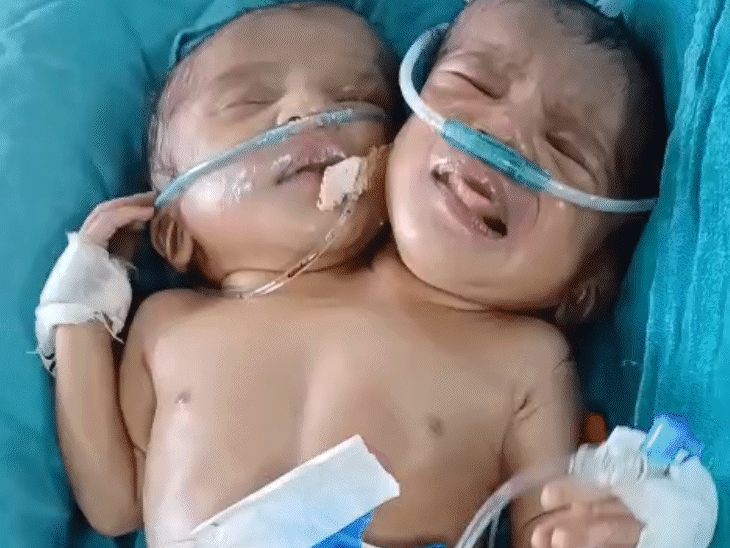Triple Elimination Framework promotes an integrated, people-first approach across four key pillars—interventions, quality, impact, and sustainability
The global health community has committed to the Triple Elimination of mother-to-child transmission (EMTCT) of HIV, syphilis, and hepatitis B virus (HBV)—a major public health priority aimed at ensuring that future generations are born free of these infections. This commitment calls on countries to provide high-quality, integrated, and person-centred care to all pregnant and breastfeeding women and girls.
At the 13th International AIDS Society (IAS) Conference on HIV Science, held in Kigali, Rwanda (13–17 July 2025), the World Health Organization (WHO) launched its first-ever comprehensive guidance to help countries develop and implement Triple Elimination programmes.
This guidance is based on the WHO Triple Elimination Framework, which promotes an integrated, people-first approach across four key pillars—interventions, quality, impact, and sustainability—and four cross-cutting elements such as community engagement and equity.
The guidance also outlines a comprehensive strategy for governments, health-care providers and relevant stakeholders to assess, improve and scale-up elimination programmes.
Dr Meg Doherty, Director of WHO’s Global HIV, Hepatitis and Sexually Transmitted Infections Programmes, emphasized the significance of this guidance:
“This release marks a critical milestone in global efforts to end vertical transmission of HIV, syphilis, and hepatitis B. Integrated approaches to maternal and child health are more crucial than ever to meet 2030 targets and protect future generations.”
The guidance provides countries with tools to assess, strengthen and scale up elimination efforts, and it includes real-world case studies to showcase effective strategies and inspire national roadmaps.
Country examples and lessons for Triple Elimination
Kenya began its Triple Elimination journey in 2018 by forming a national task force, leading to the development of a strategic EMTCT framework (2022–2027). A dedicated Technical Working Group was established in 2024 to guide implementation. Efforts are decentralized to county and sub-county levels, with strong involvement of people living with HIV in advocacy and planning.
Key innovations include peer support groups for mothers, mentoring, and dual HIV/syphilis testing. Kenya is also working towards universal HBV birth-dose vaccination, improved diagnostics for infants, and integration of syphilis and HBV data into maternal-child health electronic records.
Why Breastfeeding Matters in the First Six Months, UNICEF Explains
Namibia expanded its dual HIV/syphilis elimination strategy in 2023 to include HBV. A situational analysis and consultations led to an updated roadmap and operational plan. Triple Elimination is now embedded into national training, guidelines, and health systems.
In recognition of its progress, WHO awarded Namibia bronze status on the Path to Elimination of MTCT of HIV and silver status for HBV—the first country to achieve this milestone.
These examples highlight how strategic, integrated approaches can drive progress toward the global goal of eliminating mother-to-child transmission of HIV, syphilis, and HBV by 2030.
Source: World Health Organisation





